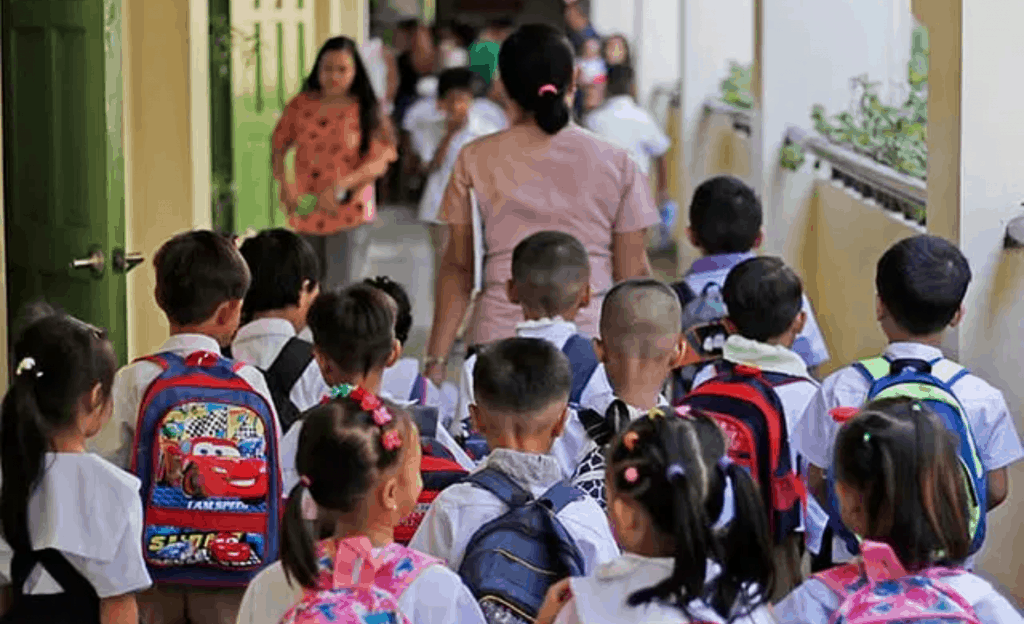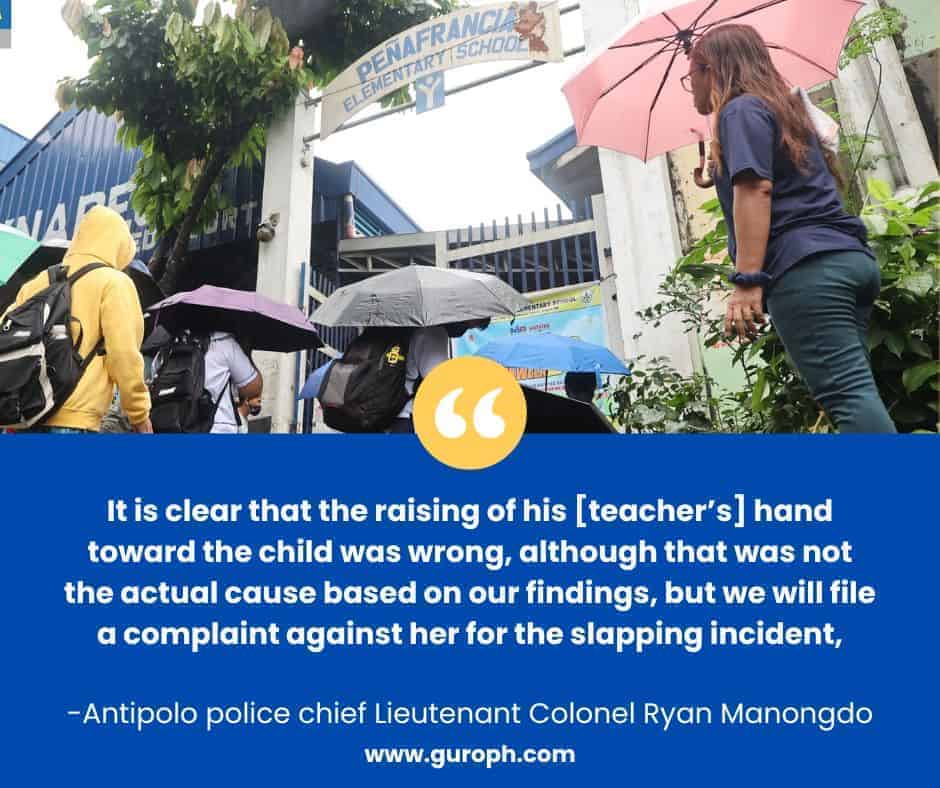Teachers play a vital role in building the future of society by imparting knowledge and molding young minds. However, despite their essential contribution, several things could be improved surrounding teachers in the Philippines. In this blog, we aim to debunk these misconceptions and shed light on the realities teachers face in their profession. Let’s challenge these stereotypes and gain a deeper understanding of the incredible work teachers do.
Table of Contents
“Teaching is an Easy Job”
One of the most common misconceptions about teachers is that teaching is an easy job with short working hours and extended vacations. In reality, teaching is a demanding profession requiring extensive preparation, continuous learning, and countless hours outside the classroom grading papers, designing lesson plans, and addressing individual student needs. Teachers often work beyond regular school hours to ensure their students receive quality education.
Related: Education Workers Calls for Expedited Release of Rice Allowance for Teachers
“Teaching is a Backup Career”
Another misconception is that teaching is a fallback career option for those who can’t pursue their desired professions. This notion undermines the passion and dedication that teachers bring to their classrooms. Teaching is a deliberate career choice, requiring specialized education, training, and a genuine commitment to nurturing students’ intellectual and emotional growth.
“Teachers Have Summers Off”
While teachers enjoy school breaks, it is far from an extended vacation. Many educators spend their summers attending professional development workshops, engaging in curriculum planning, and pursuing further education to enhance their teaching skills. Additionally, teachers often utilize their vacation time to prepare for the upcoming school year and engage in community service or extracurricular activities.

“Teachers Are Overpaid”
Contrary to popular belief, teachers in the Philippines are paid fairly, and many teachers struggle with low salaries that may not adequately reflect their dedication and hard work. Despite their significant impact on society, teachers often face financial challenges and may need to find additional income to make ends meet.
“Teaching is a Job with Limited Opportunities for Growth”
Some people believe that teaching offers limited opportunities for career growth and advancement. However, the teaching profession provides various avenues for professional development and progression. Teachers can pursue advanced degrees, take leadership roles within their schools or educational organizations, become curriculum specialists, or even transition into administrative positions. Continuous learning and professional growth are highly encouraged within the teaching community.
“Teachers Only Work Inside the Classroom”
Teaching extends beyond the confines of the classroom. Teachers engage with parents, collaborate with colleagues, participate in school activities, attend meetings and seminars, and support students’ holistic development. They play multiple roles, serving as mentors, counselors, role models, and advocates for their student’s well-being.
“Teaching is Primarily About Delivering Content”
Teaching is not solely about delivering content; it encompasses a holistic approach to education. Effective teachers prioritize creating a positive and inclusive learning environment, fostering critical thinking, nurturing social and emotional skills, and addressing the diverse needs of their students. They focus on developing well-rounded individuals who can thrive in an ever-changing world.
Teaching is a demanding profession that requires continuous learning, adaptability, and a deep passion for helping students succeed. Let us appreciate and support our teachers, acknowledging their essential role in shaping our nation’s future.
Read more: PRC Announces face-to-face oathtaking of licensed professional teachers
The Reality of Teachers in the Philippines: Challenges and Resilience
Low Salaries and Financial Struggles
One of the most pressing issues teachers face in the Philippines is the low salary scale. Despite their essential role, many teachers struggle to make ends meet and support their families. The cost of living has become more expensive, making it difficult for educators to meet their basic needs and provide for their professional development.
Heavy Workloads and Administrative Tasks
Teachers in the Philippines carry heavy workloads that extend beyond classroom teaching. They are burdened with administrative tasks such as lesson planning, grading papers, attending meetings, and completing paperwork. These additional responsibilities often take away precious time that could be spent on individual student support and instructional improvement.
Lack of Resources and Classroom Facilities
Many teachers need help with the challenge of working in schools with limited resources and adequate classroom facilities. There must be more textbooks, outdated teaching materials, and a lack of technology to ensure effective teaching and learning experiences. Teachers often find themselves creatively improvising to provide engaging lessons despite the constraints.
Large Class Sizes
Class sizes in the Philippines can be significantly large, making it challenging for teachers to provide individual attention and support to each student. With limited time and resources, it becomes difficult to address every student’s diverse needs and learning styles in a crowded classroom.

Professional Development Opportunities
Access to professional development opportunities is crucial for teachers to continuously improve their skills and stay abreast of educational advancements. However, limited resources and funding often hinder teachers from attending workshops, conferences or pursuing advanced degrees, and this lack of professional development opportunities can impact the overall quality of teaching.
Emotional and Mental Well-being
Teaching can be emotionally and mentally demanding, especially when dealing with diverse student needs and challenges. Teachers often act as counselors, mentors, and mediators while managing their own personal well-being. The pressure to meet academic expectations and societal demands can take a toll on their emotional and mental health.
Commitment and Resilience
Despite their challenges, teachers in the Philippines demonstrate incredible commitment and resilience. They continuously strive to provide the best education possible for their students, often going above and beyond their call of duty. Teachers develop innovative teaching strategies, seek professional development opportunities through their initiatives, and remain dedicated to their students’ success.
Final Thoughts
The reality of teachers in the Philippines is marked by various challenges, including low salaries, heavy workloads, limited resources, and large class sizes. However, it is important to recognize teachers’ unwavering commitment and resilience in overcoming these obstacles.
They continue to inspire, educate, and shape the lives of their students, even in the face of adversity. As a society, we must support and value our teachers, providing them with the resources, recognition, and professional development opportunities they deserve. Together, let us work towards creating a better environment for teachers to thrive and continue their noble mission of educating the future generation.
Read more: Poor Learning Outcomes Linked to Mass Advancement Policy


